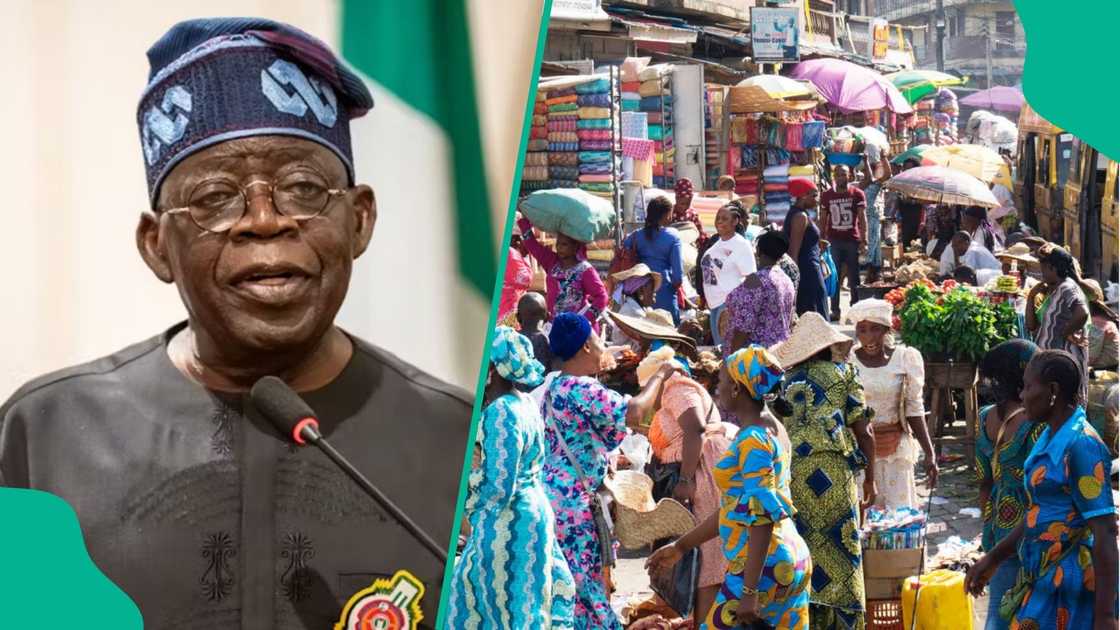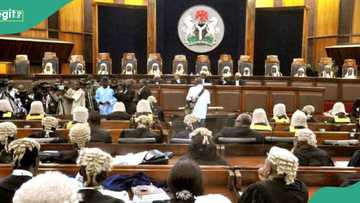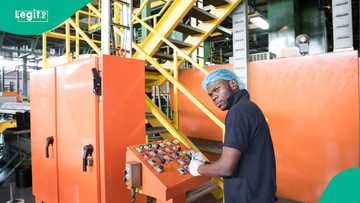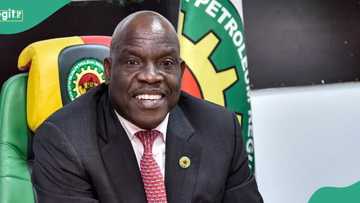Tinubu’s policy U-turns: 4 Economic Policies FG Suspended After Public Backlash
Nigeria’s recent economic landscape has been shaped by a series of bold policy decisions, many of which were swiftly reversed after public backlash. President Bola Tinubu’s administration, in its bid to reform revenue generation, improve governance, and recalibrate market dynamics, has repeatedly introduced policies that triggered strong reactions from businesses, civil society groups, and everyday citizens.
From regulatory levies to import duties, each initiative was framed as an effort to stabilise the economy or strengthen local capacity. Yet, in a climate marked by rising inflation, currency depreciation and widespread hardship, such policies often intensified public anxiety.

Source: UGC
As resistance grew, the government walked back several measures, opting for temporary suspensions while promising further consultations or reviews. These reversals have sparked conversations about policy coherence, stakeholder engagement and the delicate balance between revenue needs and economic survival.
The following sections revisit four major policies announced and later halted, after nationwide criticism.
FRC’s stipulated annual dues for public interest
The Financial Reporting Council (Amendment) Act 2023, signed into law in September 2023, was designed to enhance financial reporting practices, strengthen corporate governance, and promote greater accountability.
Among its most notable provisions were an expanded definition of public interest entities (PIEs), intensified regulatory enforcement, and revised annual levies requiring PIEs to remit between 0.02 and 0.05% of annual turnover, without a defined ceiling.
By June 2025, however, the federal government had placed the implementation on hold. This followed persistent objections from private-sector operators and a technical review commissioned by the Ministry of Industry, Trade and Investment. Many businesses argued that the levy, introduced during a difficult economic period, would further strain their operations.
According to the ministry, the temporary suspension aimed to provide stability for affected entities while the government considered whether legislative adjustments would be needed in the longer term.
Expatriate employment levy
In February 2024, President Tinubu introduced the Expatriate Employment Levy, setting annual charges of $15,000 for expatriate directors and $10,000 for other non-Nigerian employees.

Read also
LG autonomy: Evaluating the 2024 Supreme Court judgment, challenges, and theoretical pathways
The policy was framed as a strategy to encourage skill transfer, reduce wage disparities between Nigerians and expatriates, and expand opportunities for local professionals within foreign-owned companies.
Critics, however, warned that the levy would raise operational costs, potentially discourage foreign talent, and undermine Nigeria’s attractiveness to international investors. Organised private-sector groups argued that the measure could slow economic growth rather than stimulate it.
Responding to mounting concerns, the government suspended the levy on March 8, just weeks after its announcement, pending further consultations with stakeholders.
0.5% cybersecurity levy
The amended Cybercrime Act, implemented in May 2024, introduced a contentious 0.5% cybersecurity levy on eligible electronic transactions, to be collected by financial institutions and deposited into the National Cybersecurity Fund under the Office of the National Security Adviser.
Almost immediately, the directive faced intense criticism from citizens and advocacy groups who viewed it as an unfair financial burden during a period of severe economic distress. Many feared the levy would deepen the already rising cost of living and discourage digital transactions.
Within days, President Tinubu ordered the Central Bank of Nigeria to halt the implementation and conduct a broader review, acknowledging the widespread dissatisfaction and economic implications.
15% fuel import duty
The latest in the series of suspended initiatives emerged in October 2025, when the federal government approved a 15% import duty on petrol and diesel.
The proposal, championed by FIRS Chairman Zacch Adedeji, was scheduled to take effect on November 21 and was intended to harmonise import costs with domestic realities while boosting the competitiveness of local refineries such as the Dangote Refinery and modular plants.
Analysts warned, however, that applying the tariff to the cost, insurance and freight value of imported fuel would raise landing costs and ultimately push pump prices significantly higher, by as much as N150 per litre, according to some estimates. Critics stressed that such an increase would worsen inflation and further strain households already grappling with a harsh economic climate.
Amid the outcry, President Tinubu suspended the policy, stating that local refining capacity must be fully ready and operational frameworks aligned before such a duty could be reconsidered.
Source: Legit.ng





